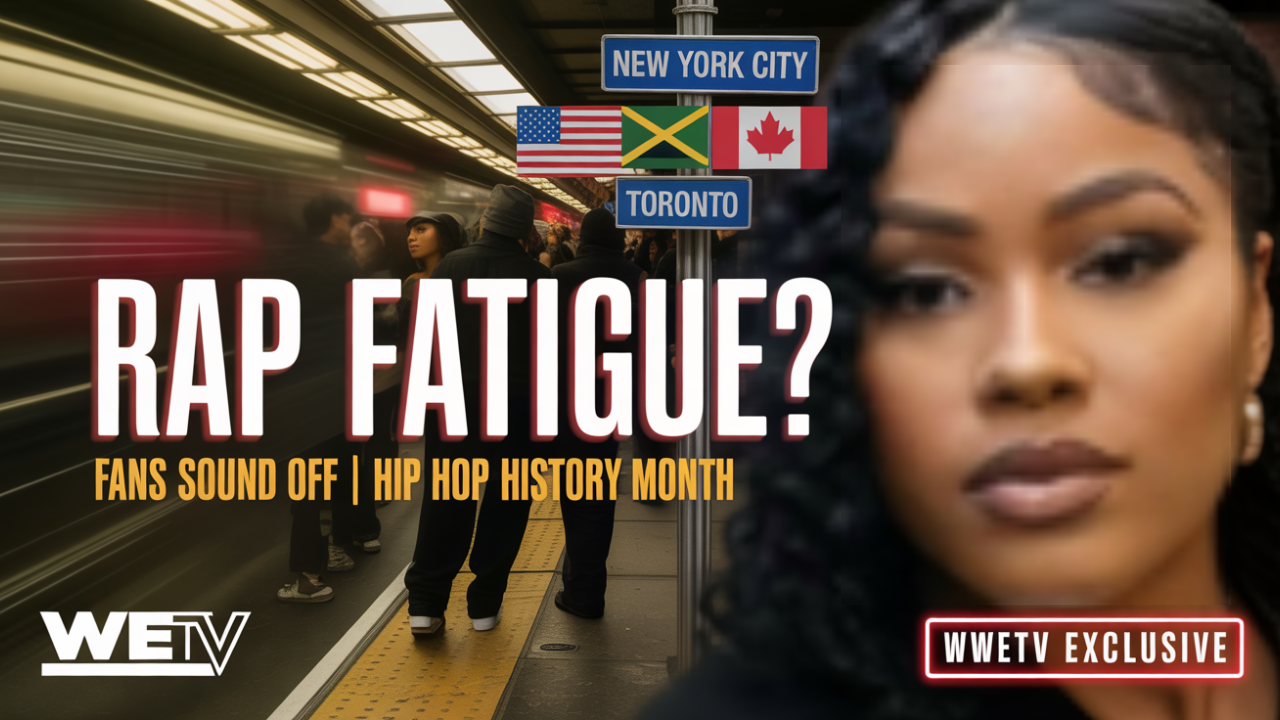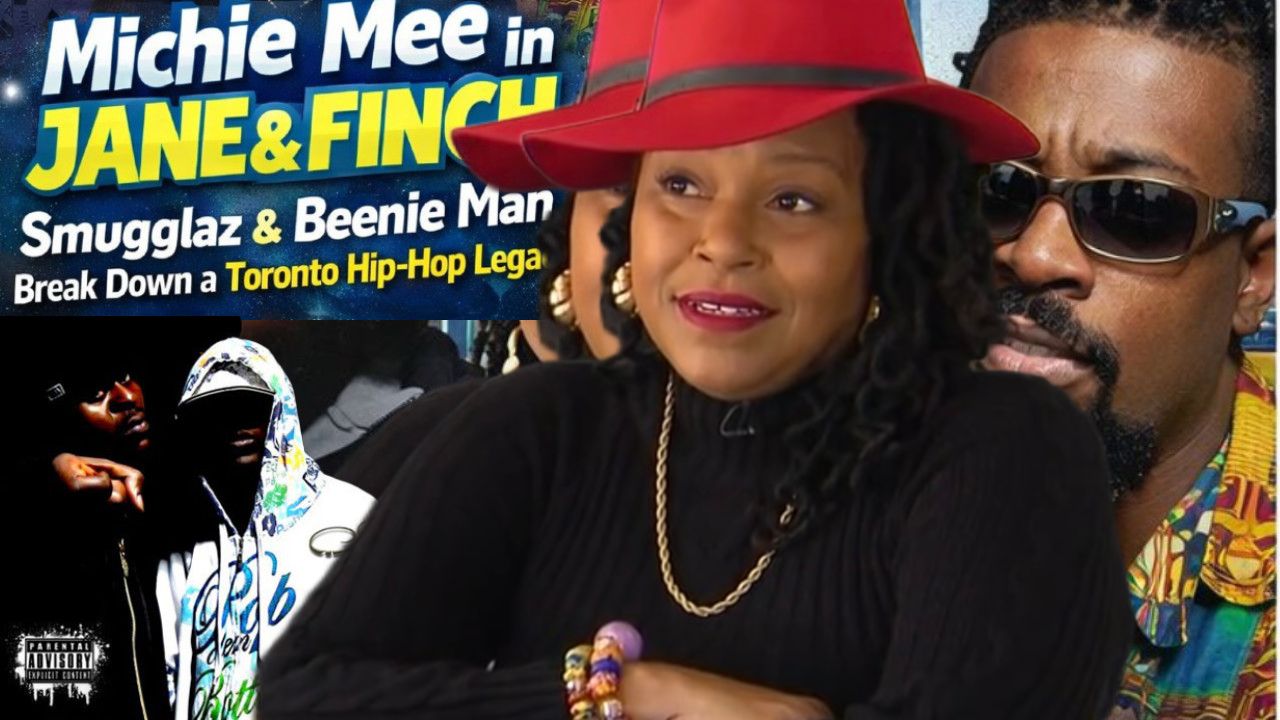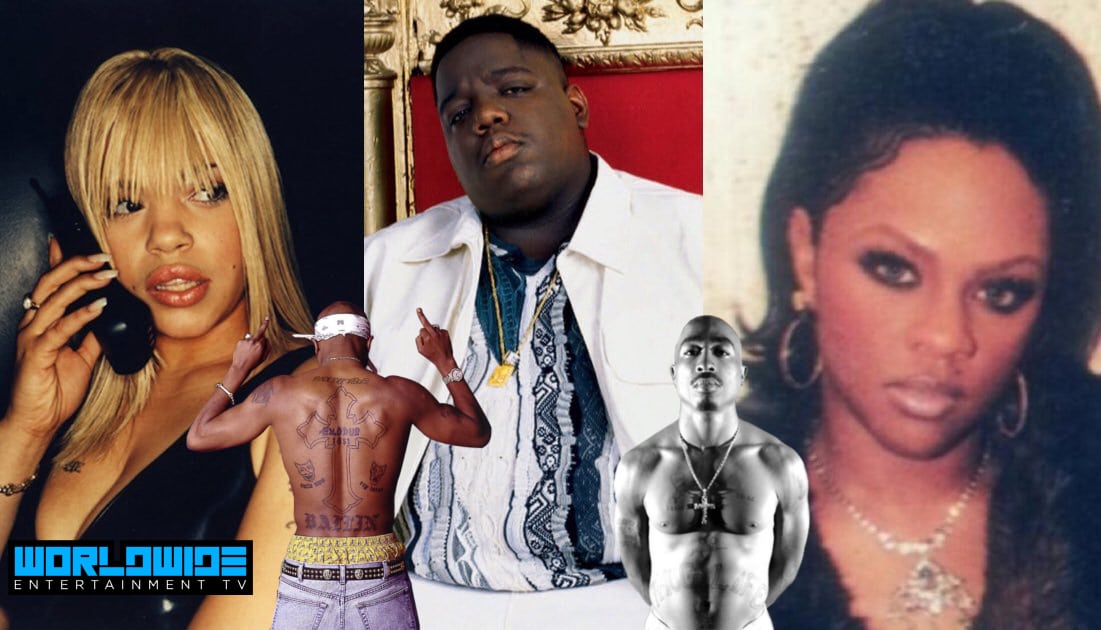Rap Fatigue: Why Hip Hop Fans Say the Culture Needs a Reset
As we mark Hip Hop History Month, we honour the movement that reshaped culture—street block-parties in the Bronx, the DJs, the MCs, the turntables, the breaks. From its origins as voice and protest, hip-hop became global phenomenon. Yet behind the celebrations a quieter conversation is emerging: a growing number of fans say they’re feeling fatigued. The sound they once couldn’t wait to hear now sometimes feels predictable. The lyrics that once stunned now echo familiar lines. What’s behind this sense of plateau? And more important: what does it mean for the future of the culture? In this article we explore what signals are pointing to “fan fatigue” in hip-hop, what might be driving it, why it matters, and where the culture can go next.
Section 1: The Signals of Fatigue
-
One clear signal: online forums where longtime listeners say: “I’ve listened since the ’90s… now it just feels like copy-and-paste.”
-
Industry commentary echoes this. For example, critics point to “excessive branding ventures” that have diluted hip-hop’s soul. Pitchfork
-
Over-saturation: With streaming platforms releasing thousands of tracks weekly, the spotlight for individual songs or unique voices narrows—making the listener’s experience more uniform.
-
Fan behaviour: fewer “wow” moments in mainstream releases; stronger interest in niche/underground scenes as fans seek “fresh” again.
Exactly. This is hip-hop finding balance again. We should be focused on impact, not impressions.
— C² (@clydetheconnect) November 13, 2025
Section 2: What’s Behind the Fatigue
-
Repetitive narratives: The underdog-to-mogul storyline remains dominant; for veteran fans it may feel like rerun.
-
Sound stagnation & formulaic production: Many beats, hooks, flows begin to resemble one another. The element of surprise diminishes.
-
Platform & algorithm influence: Streaming services and recommendation systems increasingly drive what listeners hear, creating echo chambers and limiting exposure to new styles. (See study on artist/style exposure bias in music recommendation systems.) arXiv
-
Commercialisation vs culture: When branding, endorsements and “look” overshadow voice and message, some fans feel the core of hip-hop’s voice is muted.
-
Generational shift: Newer fans have different references, but legacy fans compare newly released music to high-water marks of earlier eras. This contrast breeds critical fatigue.
Section 3: Why This Matters
-
For a culture rooted in innovation, resistance and voice, fatigue is a warning—not death.
-
Hip Hop History Month isn’t just about nostalgia—it’s about evolution. Recognising fatigue can become a catalyst for renewal.
-
For media platforms like WorldWide Entertainment TV, it’s a call to spotlight not just the legends but the under-represented, the progressive voices and the culture-forward thinkers.
Section 4: Where Do We Go From Here?
-
Artists pushing boundaries: Collaborations across genres, unexpected voices, story-driven albums.
-
Fans as curators: Encouraging listeners to dig deeper—discover regional scenes, independent voices, alternate flows.
-
Media & culture platforms amplifying difference: Feature artists who are breaking the mould. Spotlight innovation.
-
Celebrate evolution, not just legacy: During Hip Hop History Month we honour the past—but ask, what’s next? Encourage action: “Share one track this year that re-energised your love for hip-hop—tag us with #ReviveTheBeat.”
Conclusion:
Fatigue in hip-hop doesn’t mean the culture is over—it means it’s at a crossroads. As fans, creators and commentators, we have permission to recognise when the beat slows—and push it forward. This month, as we reflect on hip-hop history, let’s also ask: what’s the next chapter — and how do we write it together?
Call to action: Drop your thoughts in the comments. Share one track from this year that re-energised you. We’ll highlight our favourites. Subscribe to WorldWide Entertainment TV Media for interviews, deep dives and culture shifts.
Kicking the garbage off the top of the charts just removed the incentive to make more of it honestly.
— Neon Boudeaux (@Carnage45__) November 13, 2025
Share this content:














Post Comment